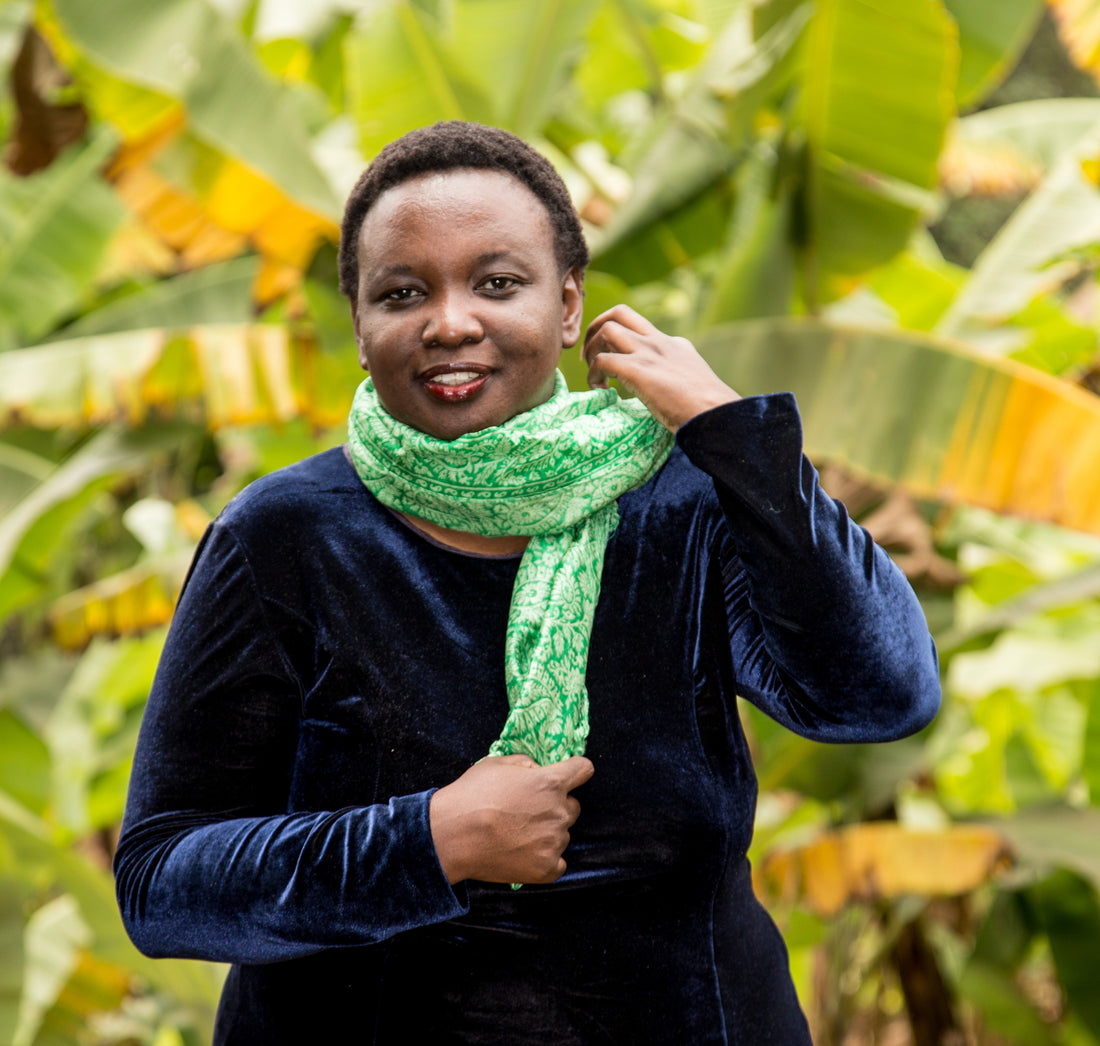Dark yellow, pleasantly sweet, full of vitamins - no wonder mangoes are so popular. However, what comes onto the European market often tastes bland. Harvested unripe in the growing countries, the mangoes no longer develop their full flavor and there is no sun.
Yvonne Otieno, head of Miyonga in Kenya's Machakos County, has the solution: dried mango strips and fruit powder. Not only does it add an authentic mango flavor to umpteen dishes, it also helps solve economic and social problems in Otieno's homeland. How it works? "I don't run a business," she says. "I fight against food waste."
Otieno used to work as a PR expert for international aid organizations, but at some point she wanted to set up something herself that would advance Kenya's development. She found her business opportunity in a problem: food waste. As in many other African countries, a large part of the food produced for export ends up in Kenya every year. "About 40 percent of fruits and vegetables don't make it into the supply chain because the produce is considered substandard," says Otieno. "If the goods don't look perfect, if a mango only has a small blemish, it will be sorted out by the international buyer at the latest, a large part is already rotting on the farm."

Strict market norms - little income
In addition to the food itself, valuable resources are wasted on cultivation, packaging and transport. The strict market norms mean a massive loss of income for Kenya's many small farmers and for local middlemen. Less income, in turn, means fewer opportunities for the country's development, and families lack the money for school fees and their children's education, for transport and for good health care. Although Kenya is increasingly suffering from climate change and droughts, more than 80 percent of the people live from agriculture, with 32 percent of the gross national product it is the backbone of the Kenyan economy.
For Otieno, it quickly became clear what the farmers were missing. "They don't have the knowledge and the technology to process their raw materials further, as pure raw material producers they are completely dependent on the global market." Her company Miyonga, founded in 2015 together with her sister Dorothy, fills the gap. Otieno and her 9-strong team offer farmers help in processing the goods: they train in processing with modern machines, they advise on cultivation techniques and necessary certificates, they act as trading partners. Discarded mangoes, bananas, pineapples and coconuts are now being turned into aromatic dried fruits and fruit powders with attractive potential for the international market.

Market premiere as a brand
"Whether a mango has an unusual shape doesn't matter for an end product like dried fruit or fruit powder," says Otieno. Until now, Miyonga products were only commercially available under other brand names; importers sell the fruit and powder as their own brands. "MANUYOO is our first international partner to sell our products under the 'Miyonga' brand," says Otieno. "We're particularly proud of that." MANUYOO was also able to support Miyonga in purchasing a new drying oven.
The Miyonga network now includes more than 2,400 smallholders who cultivate a total of eight hectares of land. It is mainly women farmers who support their families with their earnings and invest the income in the education of their children, so Miyonga supports a total of 10,000 people. Otieno has received international awards for her idea and commitment and is one of the 50 most innovative entrepreneurs in Africa. She has now added two new products to her range: powder made from the leaves of the Moringa tree and the fruit of the African baobab tree, the baobab. Both are packed with vitamins, minerals and nutrients, Otieno explains. "These are real superfoods made in Africa."

